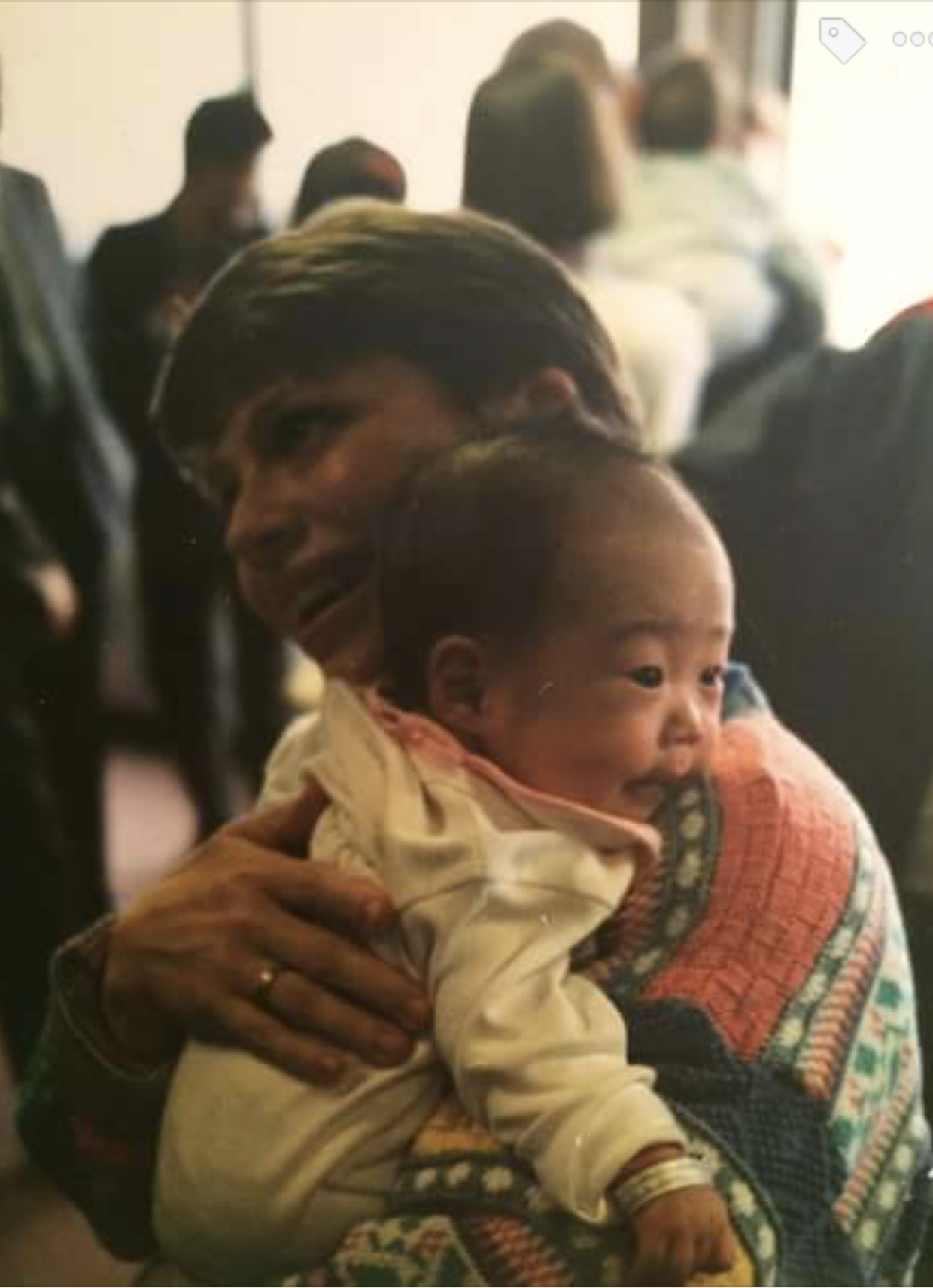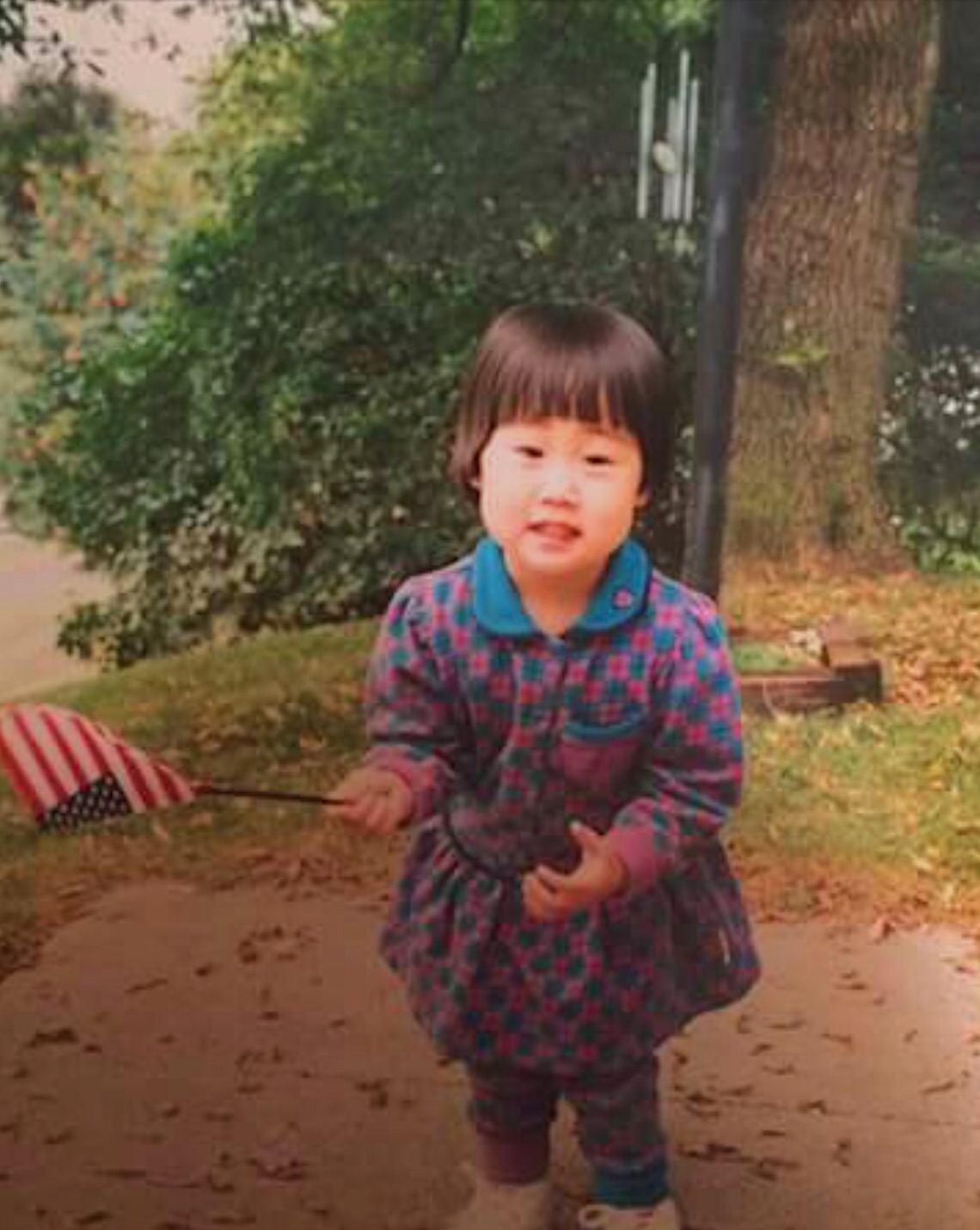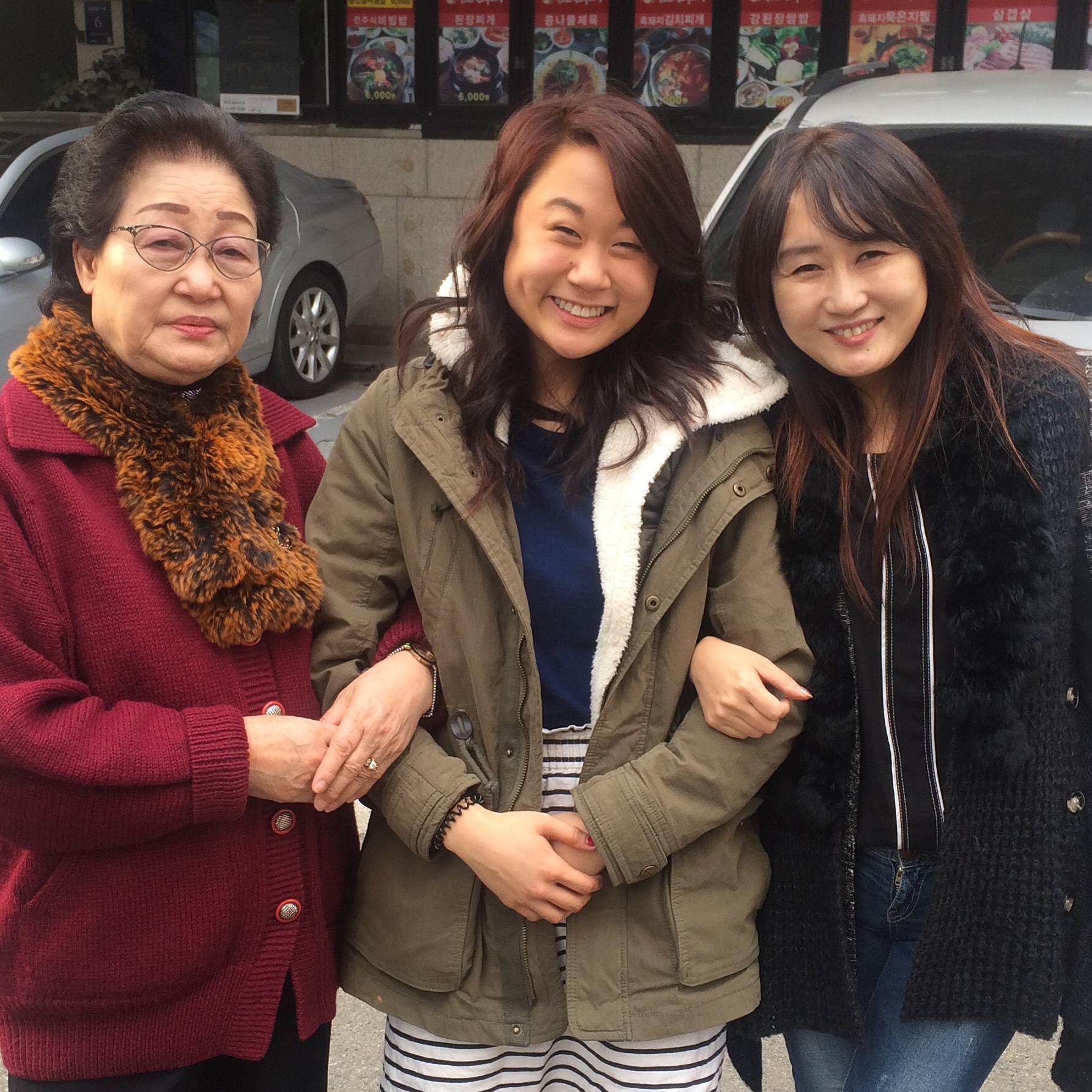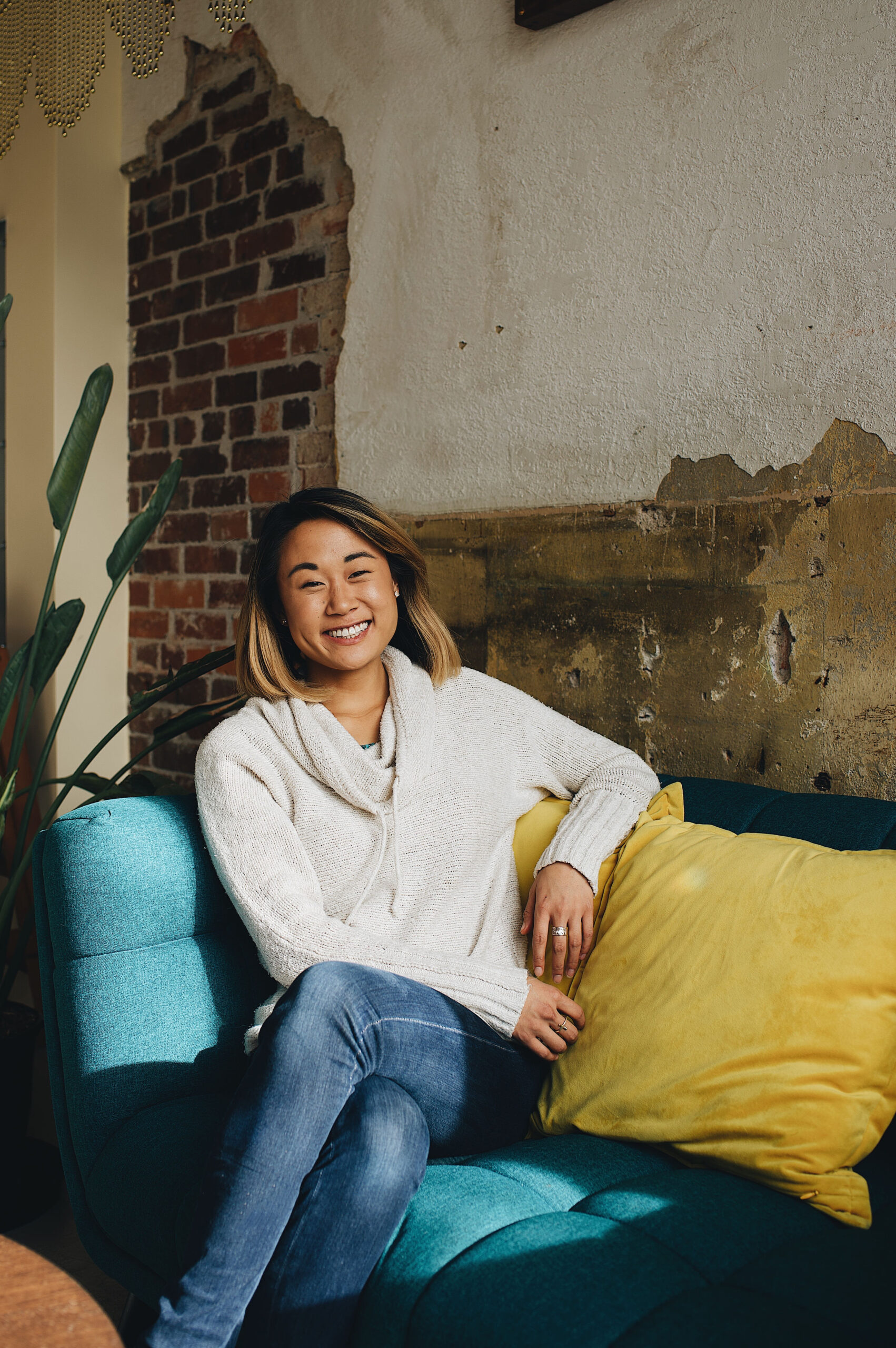Chloe’s Story – Lost to Leader
This story contains references to suicide please use discernment if you believe this may be triggering for you.
I sat on the cold bathroom floor with tears running down my face.
It felt like I was falling down a dark tunnel that had no end.
I needed there to be an end.
I needed the end to be now.
I opened a bottle of painkillers and started taking them two at a time, then three, four until I shoved a whole handful in my mouth. I looked at myself in the mirror and saw nothing of value or worth. Suddenly the alarm on my phone went off. It was time to go to show choir rehearsal. I wiped my tears, put on a fake smile, and went to rehearsal as if nothing had happened. When I ended up at the hospital later that day with crippling stomach pain I lied to the doctor. They assumed that I had an allergic reaction to something unknown. I didn’t tell them I was depressed, overwhelmed, and had attempted suicide. I didn’t want to burden anyone else with my problems.
I was adopted from South Korea when I was five months old by a family in Minnesota, USA.
From early on I felt like I didn’t fit in. There were very few people who looked like me and even less who I could look up to as a role model. I had a lazy left eye and had to wear an eye patch and glasses. On top of that, I could not say my “r’s.” When I rode the bus home from school, other kids mocked and teased me. I didn’t want my parents to know how painful this was so as soon as I got home I would run to the bathroom and cry, only coming out when I could put a smile on my face.
After being teased all through elementary school, I realized that if you excelled in other areas and made people smile, people would like you. Chloe, the overachieving, perfectionist was born. I put pressure on myself to get straight A’s, to win at competitions, to be energetic and enthusiastic about everything. I started making self-deprecating jokes. I made fun of myself before someone else beat me to it. The acceptance and approval of others became like a drug to me. By the time I was in high school the stress and pressure that I had put myself under caught up with me. I became depressed and suffered regular anxiety attacks. Thoughts of suicide became a daily occurrence. That overdose that saw me lying to the emergency room doctor during my senior year of high school was a desperate cry for help. Yet, even after that experience,
I was still convinced that sharing my true feelings and fears would be seen as weakness and failure.
By the time I was in college I had become an expert at presenting the version of me that I thought the world wanted to see. The pressure to maintain this was taking its toll but I didn’t know what to do. God had always been a part of my life. When I was at my lowest points I felt like He was the only one who knew the truth about me, but I still struggled to be honest with others. It was not until a friend opened up to me about her own mental health struggles and the value of seeing a therapist that something clicked for me.
It felt like God was using her to speak to me. She was a person that I admired, a person who had achieved so much, yet she was also admitting that she had needed and sought help. She told me that she found solace in being able to talk to someone and had found strategies that helped calm her anxiety. I realised that being vulnerable wasn’t a sign of weakness and that it was actually necessary if I was to achieve the goals I had for my life.
My friend gave me her therapist’s contact information and I made an appointment. The first time I went, I maintained my happy façade and didn’t share anything personal. I told the therapist I was fine and left. A month went by and I got another nudge from God when my friend asked me how therapy was going. She encouraged me to go again. The second time I once again put on a fake smile and left without sharing. It took a third nudge from God to schedule another appointment. This time, when I walked through the door, I felt God walking with me and telling me it was going to be okay. I told my therapist that it was hard for me to share, but if she asked me questions, I would not lie. The therapist started off the session gently but eventually started asking deeper questions.
I finally began to share with someone else about the depression and anxiety that had been building up for years.
Through therapy, I began to learn how to cultivate a positive mind-set around my adoption. I leaned the value of vulnerability and how to accept myself, as myself. This journey gave me the confidence to follow my desire to leave corporate life and to go and live in Korea for two years. During my time in Korea, my gratitude towards my adoption grew. I was able to connect with my birth family. I met my birth mother, aunt, uncle, and grandmother. I assured them that the hard choice of putting me up for adoption was the right choice. Living in my birth country helped me to better understand the culture and mindset my birth mother was immersed in, when she made the decision she did. Single mothers are not respected in Korea. If she had kept me, both of our lives would have been considerably worse off. My birth mother would most likely not have been able to find a job or a husband to support her.
I am grateful that she protected me for nine months and then made the hard decision to let me go, in the hope that I would live a better life.
Finding acceptance in my adoption opened up the doors to feeling accepted, loved, and wanted. This began the shift of my mind-set around my self-worth. I started speaking in Korea about my adoption story to discourage adoption from being a taboo subject. When I saw that my story resonated with others and helped them cope with their negative views around adoption, I founded Pineapple Mindset and launched the company’s first online course, “Lost to Leader”, to guide fellow adoptees towards cultivating self-confidence.
There are times that negative thoughts still sneak in, but I have a few tools that I use to shift my mind set when this happens.
- When I start talking to myself in a negative way for e.g. ‘I am such an idiot’ I challenge myself to write down why I think this is the case. Turns out it’s a lot harder to write the words than think them. It doesn’t take too long before I realise that what I’ve been saying to myself is not true.
- I write down what I am grateful for at the end of each day.
- When I am feeling upbeat I write a note in my phone about the positive things I am feeling, and achieving. Next time I’m feeling down I read back the notes I have written to give me a clearer perspective.
Changing my mindset and staying grounded in gratitude for my adoption has made a significant difference to my emotional and mental outlook. I now know that God has a bright future for me and I want to help other adoptees discover this too.
www.pineapplemindset.com
IG: @pineapplemindset
FB: @pineapplemindset







